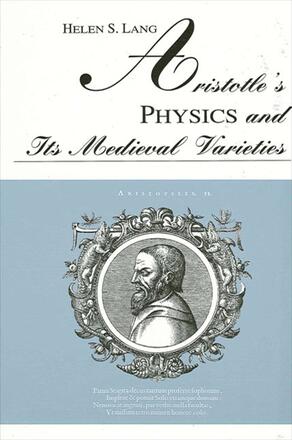
Aristotle's Physics and Its Medieval Varieties
Alternative formats available from:
Description
This book considers the concepts that lay at the heart of natural philosophy and physics from the time of Aristotle until the fourteenth century. The first part presents Aristotelian ideas and the second part presents the interpretation of these ideas by Philoponus, Albertus Magnus, Thomas Aquinas, John Buridan, and Duns Scotus.
Across the eight chapters, the problems and texts from Aristotle that set the stage for European natural philosophy as it was practiced from the thirteenth to the seventeenth centuries are considered first as they appear in Aristotle and then as they are reconsidered in the context of later interests. The study concludes with an anticipation of Newton and the sense in which Aristotle's physics had been transformed.
Helen Lang is Professor of Philosophy at Trinity College.
Reviews
"This book performs a masterly job, both of exegesis of texts of Aristotle and his later readers, and also of comparing the two sets of texts in order to bring out the significance of the assumptions governing each interpretation and the implications for the history of philosophy in a whole range of important ways. " — Catherine Osborne, University College of Swansea